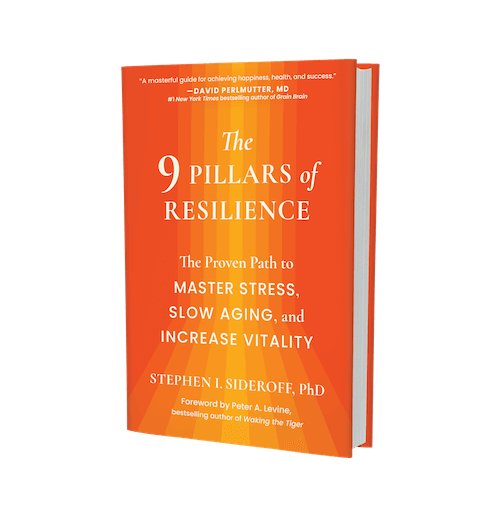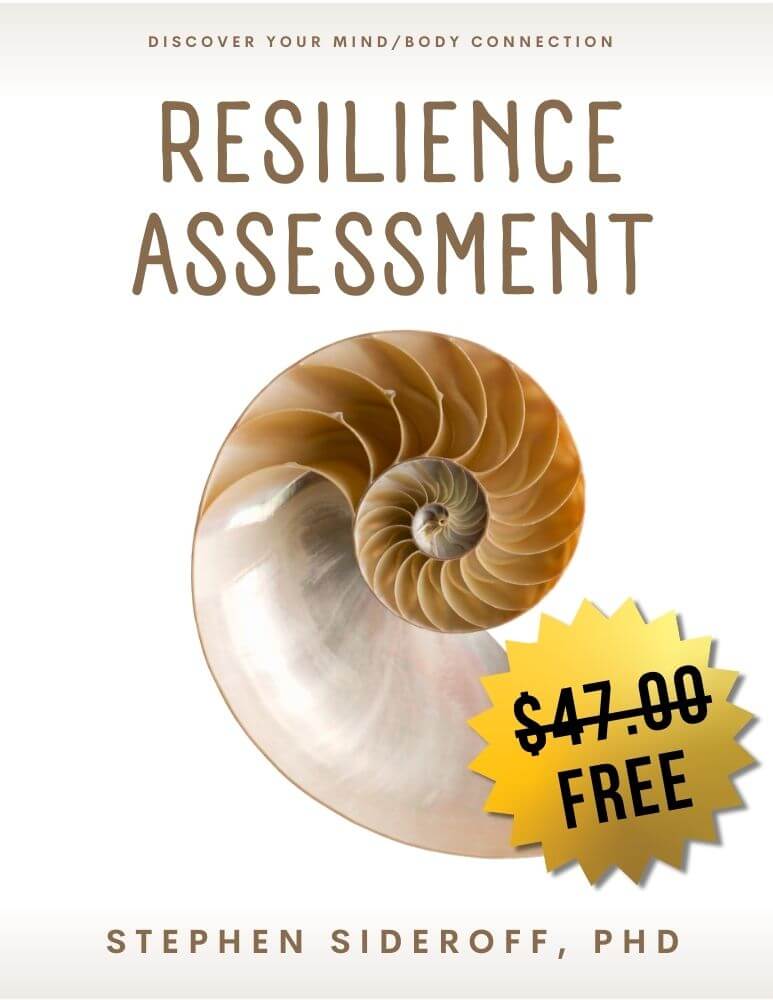
One of the greatest points of leverage I have when consulting or working with clients is my knowledge of what I refer to as the primary or “universal laws of life.” This is not just my perspective; my position is grounded in a group of fundamental principles about how mind, body and spirit operate.
One of these principles is that unconsciousness, or lack of awareness will always interfere with the achievement of your goals, and will create invisible obstacles and contradictory motivations in your life. Another basic principle is that any self-deprecating or self-abusive talk is never helpful and thus never OK. Another principle states that the level of organismic activation—how much concern you display and how much you mobilize to allay that concern—should correlate with the importance of the event.
I use these and additional laws of life to help define a set of primary rules that help guide your behavior and measure your progress. For example, every time you respond to an event, you activate your body and expend your personal energy. Every time you experience stress in the form of danger, uncertainty, worry, or fear, your body activates in response. One of the hallmarks of resilience is optimal activation, which means activating precisely to the level required by the event. Clearly you want to activate enough to successfully address the experience. But you don’t want to overreact or expend too much energy. In addition, resilience is about returning to a ready state of calm focus after the activating event is over, rather than continuing the activation when it’s no longer necessary.
Worrying or thinking too much about a problem causes tension that is not constructive. Similarly, when you are unable to let go of a difficult event and continue to be activated by it, you are wasting precious psychic energy. This over activation is the source of imbalance and potential burnout. Thus the goal is to be able to optimize energy use. Now you might ask me, “But wait, what if there really is something to worry about, something bad that might happen?” Here is where true resilience comes in: Appropriate planning is definitely important, but once you do this planning, continuing to go over the same thoughts is what I refer to as worry, which is never helpful.
Dr. Stephen Sideroff is an internationally recognized expert in resilience, optimal performance, addiction, neurofeedback and alternative approaches to stress and mental health. He is Assistant Professor in the Department of Psychiatry & Biobehavioral Sciences at UCLA’s School of Medicine, as well as the Director of the Raoul Wallenberg Institute of Ethics. www.drstephensideroff.com

